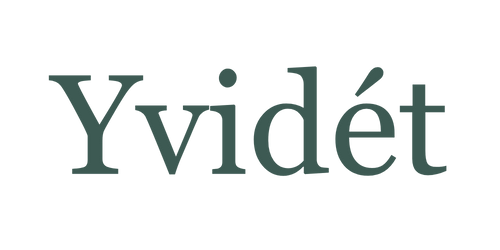
Stress Isn’t the Enemy: Rethinking Resilience
Why the “Stress-Free” Promise is Misleading
If you spend any time in the wellness world, you’ve probably been told that stress is the enemy. Entire industries promise to help you “eliminate stress” with detoxes, retreats, or quick-fix hacks.
But here’s the truth: stress isn’t something we can eliminate, and it isn’t always harmful.
In fact, when we shift the way we view and work with stress, it can actually become a tool for growth, resilience, and balance.
What the Science Actually Says
Researchers have long known that stress, in the right doses, is not harmful - it’s adaptive. Psychologists call this eustress: the kind of stress that helps us grow, rise to challenges, and adapt to new demands.
- A 2013 study in Health Psychology found that people who reported high stress but believed it wasn’t harmful had the lowest risk of death, even lower than people with low stress.
- Work by Dr. Alia Crum at Stanford shows that simply changing the way we think about stress (seeing it as enhancing, rather than depleting) can improve performance, well-being, and even physiological outcomes like hormone levels.
In short: It’s not just the stressor. It’s our relationship with stress.
Rethinking Resilience: From Elimination to Recovery
True resilience is not about living a stress-free life. It’s about flexibility - the ability to recover, recalibrate, and regain equilibrium after stress.
Resilience is a cycle:
Stress → Recovery → Growth.
What breaks us down isn’t the stress itself, but the absence of recovery. Chronic, unrelenting stress without rest is where health declines. But stress followed by recovery is how muscles strengthen, skills sharpen, and wisdom deepens.
Practical Shifts That Matter
-
Redefine Recovery
Recovery isn’t a luxury spa day. It’s embedded in small, accessible actions:
- Two minutes of mindful breathing between meetings
- A walk without your phone
- Saying no to a request that drains you
Micro-recoveries compound over time.
-
Reframe the Sensations of Stress
Next time your heart races before a big meeting, instead of thinking “I’m falling apart,” try: “My body is fueling me with energy and focus.” That single reframing reduces anxiety and sharpens performance. -
Use Stress as Feedback
Stress often signals a misalignment - too many obligations, too little rest, or values being compromised. Listening to stress as information can guide you toward boundaries and choices that protect your health. -
Prioritise Connection
Recovery is not only individual. Social connection is one of the strongest buffers against harmful stress. Women in particular benefit from “tend and befriend” responses (reaching out rather than retreating).
The Gendered Lens: Stress and Women’s Lives
For many women, the conversation around stress is especially fraught. We navigate professional demands, caregiving responsibilities, cultural expectations, and often invisible emotional labor.
Mainstream advice often trivialises this reality: “Take a bubble bath,” “Just meditate more,” “Practice self-care.” While these can be soothing, they do little to address the deeper systemic and social drivers of stress.
At Yvidét, we believe resilience for women isn’t about perfection or “doing it all.” It’s about designing realistic systems of recovery, building supportive communities, and granting ourselves compassion when life feels heavy.
Toward a More Honest Wellness Culture
The promise of “stress-free living” is seductive, but it’s a myth that keeps us chasing impossible goals. A healthier narrative acknowledges stress as:
- Unavoidable: part of daily life
- Useful: a signal for growth and boundaries
- Manageable: with intentional recovery practices
By shifting the conversation from eliminating stress to reshaping our relationship with it, we can create a culture of wellness that’s less about fear and more about empowerment.
Yvidét Edit
Stress isn’t the enemy. The real enemy is the myth that we can, or should, live without it.
When we embrace stress as a natural part of life and prioritize recovery, we not only survive challenges, we grow stronger because of them. That’s resilience. That’s real wellness.
And that’s the heart of Yvidét’s philosophy: less hype, more health.
